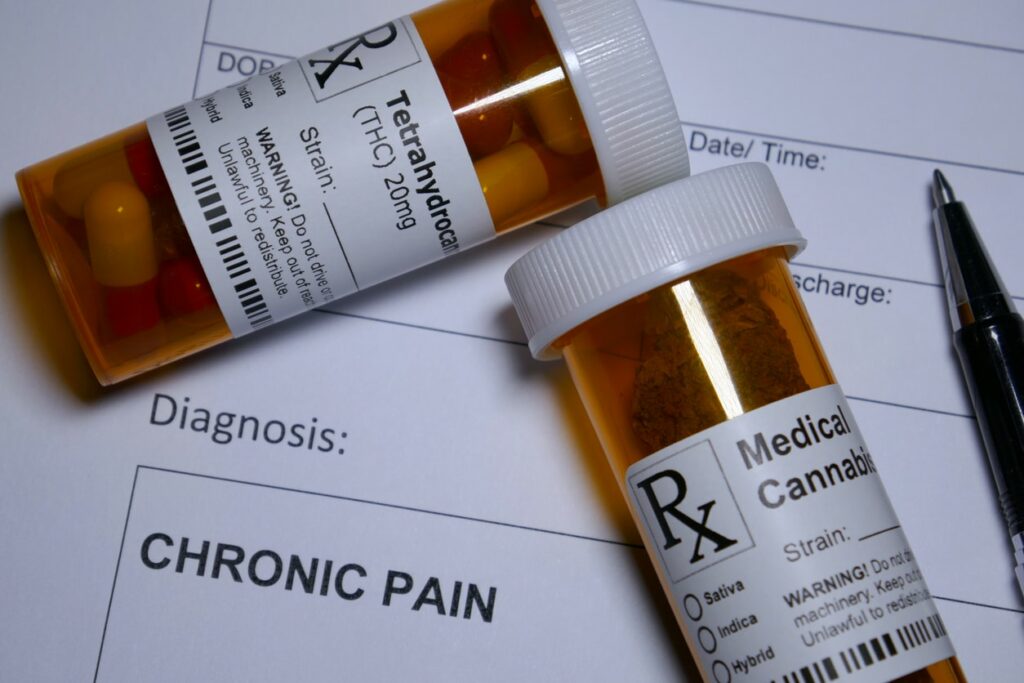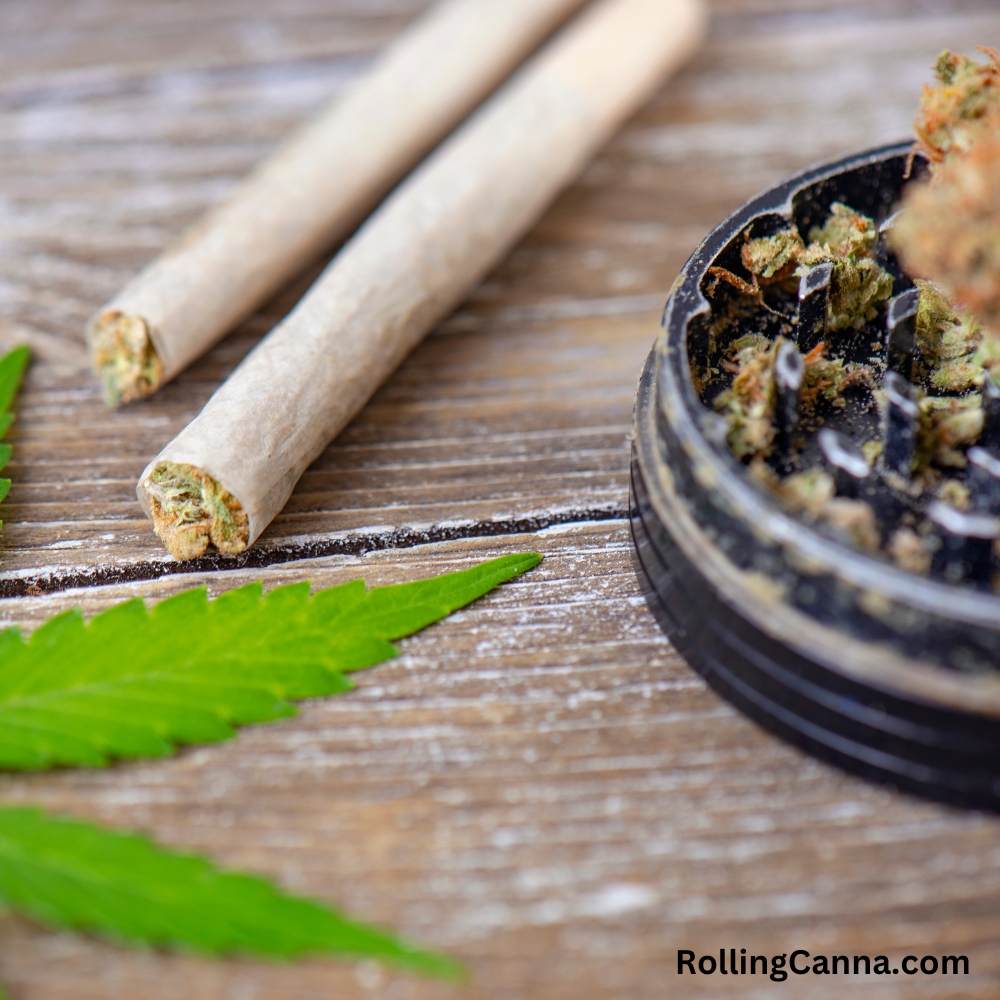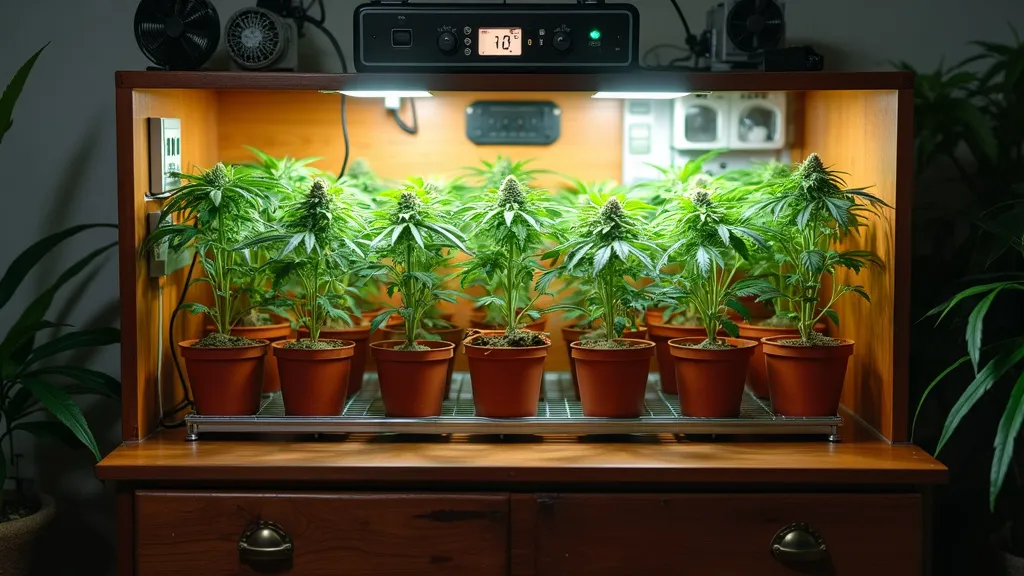As cannabis continues to enter the mainstream, many people are hearing about THC and CBD—but may not know what they actually are. These two compounds are the most talked-about cannabinoids in the cannabis plant, and understanding how they differ is key to making informed choices about cannabis products.
In this article, we’ll explain what THC and CBD are, how they affect the body, and how to choose the right one based on your needs.
What Are Cannabinoids?
Cannabinoids are naturally occurring compounds found in cannabis. They interact with the body’s endocannabinoid system, which helps regulate essential functions like mood, pain, appetite, sleep, and immune response.
While there are over 100 cannabinoids, THC (tetrahydrocannabinol) and CBD (cannabidiol) are the most well-known and well-studied.
THC: The Psychoactive Powerhouse
THC is the main psychoactive compound in cannabis. It’s what gives users the feeling of being “high.” It binds to receptors in the brain that influence perception, mood, coordination, and memory.
Effects of THC may include:
- Euphoria
- Increased appetite
- Relaxation or sedation
- Altered sensory perception
- Anxiety or paranoia (in high doses)
Common uses of THC:
- Recreational use
- Pain relief
- Nausea reduction (especially in cancer patients)
- Insomnia management
- Appetite stimulation (often in HIV/AIDS or chemotherapy patients)
CBD: The Non-Psychoactive Alternative
CBD does not produce a high. It interacts more gently with the endocannabinoid system and is widely used for its therapeutic potential without the mind-altering effects.
Effects of CBD may include:
- Reduced anxiety
- Decreased inflammation
- Pain relief
- Improved sleep
- Neuroprotective properties
Common uses of CBD:
- Managing anxiety and depression
- Chronic pain and inflammation
- Seizure disorders (e.g., epilepsy)
- Skin conditions like acne or psoriasis
- General wellness and stress relief
Can You Use Them Together?
Yes, and in fact, many people prefer to. CBD is known to balance or reduce some of the negative effects of THC, like anxiety or paranoia. When used together, they may enhance each other’s therapeutic effects—a phenomenon called the “entourage effect.”
Which One Should You Choose?
That depends on your goals:
- If you want relief without intoxication, go with CBD.
- If you’re looking for stronger symptom relief (especially for pain or sleep), THC might be more effective.
- If you’re open to experimenting, consider products that combine both, especially in ratios like 1:1 or 2:1 CBD to THC.
Always start low and go slow, especially with THC. Everyone’s body chemistry is different.
Legal Considerations
Cannabis laws vary widely across countries and states. CBD derived from hemp (with less than 0.3% THC) is legal in many regions, while THC is still classified as a controlled substance in others.
Check your local laws before purchasing or consuming any cannabis products.
Final Thoughts
Understanding the difference between THC and CBD is one of the most important steps in beginning your cannabis journey. Whether you’re using it for wellness, relief, or recreation, knowing how these two compounds work can help you make safer and more effective choices.
Stay tuned for more articles in the Cannabis Basics series—next up, we’ll cover methods of consumption and tips for first-time users.




